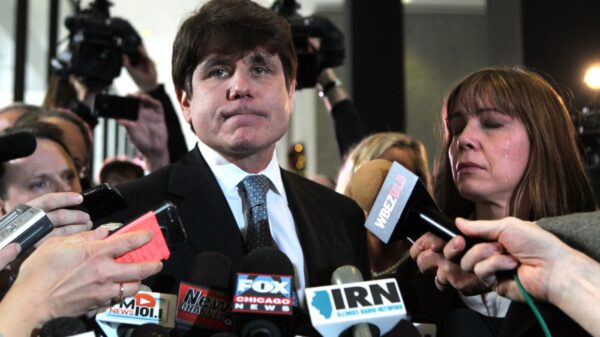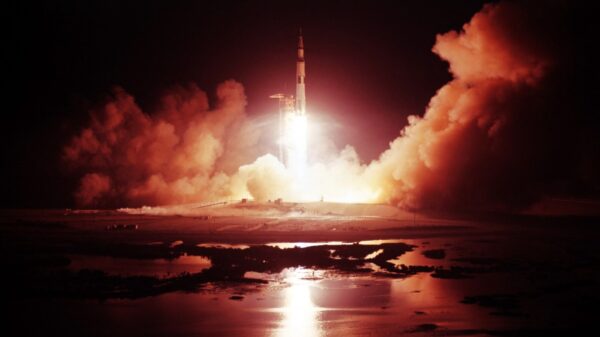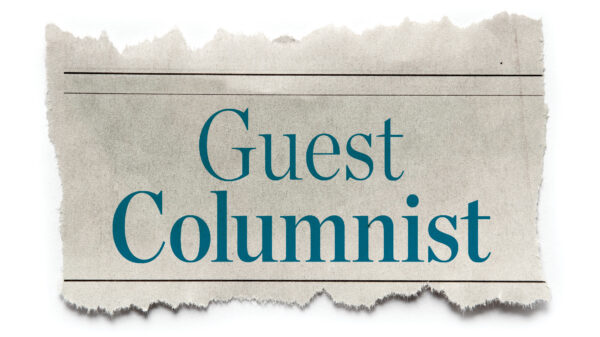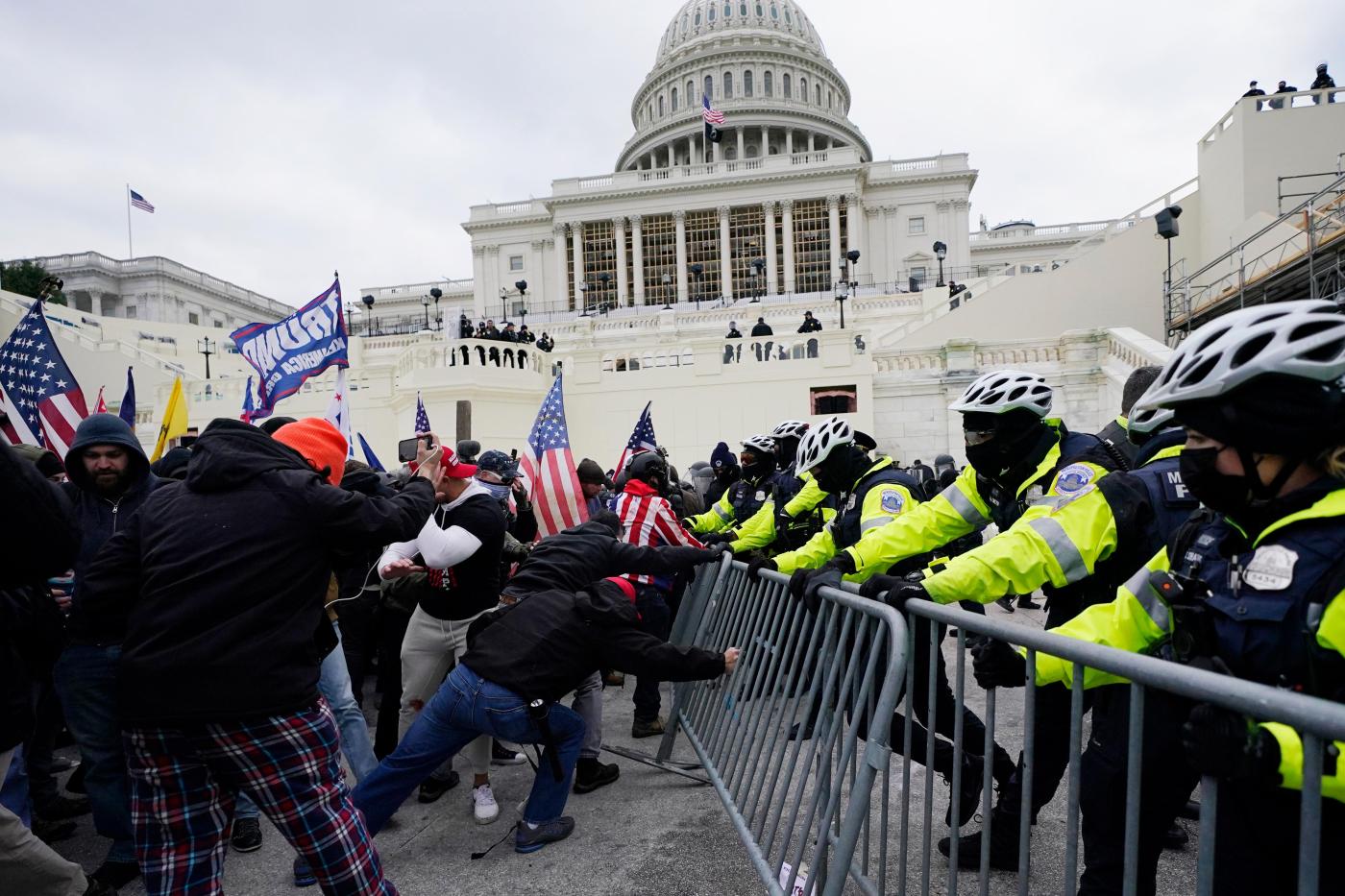During the Capitol riots on January 6, 2021, then-President Donald Trump faced criticism for his delayed response in deploying the National Guard to restore order. Reports indicate that Trump watched the chaotic events unfold on television for several hours before making the decision to call in military support.
As rioters breached the Capitol building, concerns mounted regarding the safety of lawmakers and the integrity of the democratic process. The National Guard, a reserve military force, is often activated to assist local law enforcement during emergencies. However, the delay in Trump’s action raised questions about the administration’s preparedness and response to the escalating violence in Washington, D.C.
In the days following the riots, various commentators expressed their views on the matter. One notable perspective came from Patrick Francis of Baltimore, who highlighted the urgency of the situation. He remarked on the contrast between Trump’s promptness to send troops to secure the capital after the fact and his inaction during the critical hours of the riot.
Critics argued that the president’s hesitance to act sooner contributed to the severity of the violence that day. The lack of immediate military intervention allowed rioters to vandalize offices, disrupt legislative proceedings, and pose a direct threat to the safety of those inside the Capitol.
The aftermath of the event led to heightened scrutiny of the decision-making processes within the White House and raised broader discussions about the role of the National Guard in civil unrest. Many expressed concern over how future administrations would respond to similar crises, emphasizing the need for clear protocols.
As the nation continues to grapple with the implications of the January 6 events, the question of accountability remains paramount. The timing and effectiveness of emergency responses are crucial to maintaining public trust in government institutions.
In light of these developments, discussions about the balance between protecting civil liberties and ensuring public safety are more relevant than ever. The events of that day serve as a stark reminder of the challenges faced by leaders in times of crisis, particularly when the actions—or inactions—of those in power can have lasting consequences on the nation.





































































